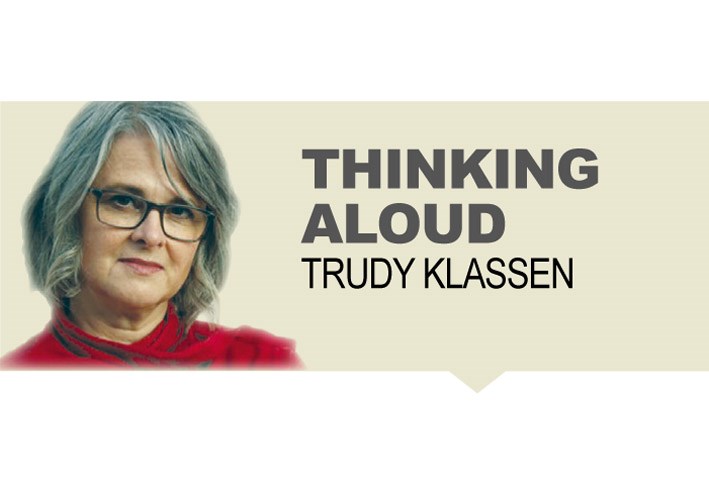It was 2006, and I was in Bolivia, on my first adventure into the “developing world.” Among other things, I discovered modern buildings can exist next to crumbling slums, and tile flooring is considered a “poor man’s floor,” and only the rich can afford carpeting. The city of Santa Cruz is quite modern. But then, we took a hired bus into rural Bolivia.
As the city melted away, the smooth concrete road implied a few hours of nice driving. We were travelling what the locals called “Trans Kone,” Bolivia’s cross-country highway. I was warned by our Canadian expat family that the nice road surface only went a short way.
The concrete stopped about an hour out of the city. Then, on what could only be called a “beaten path,” we slowed to about 20km/hr. We swerved from one side of the path to the other to avoid the deep, wide, dry holes. The interior of our hired van filled with thick dust, and we choked when we tried to take a full breath. I could not imagine what it would have been like if it rained!
Our hosts informed us that the Bolivian Ministry of Transportation had just put out a third tender to properly build this cross-country highway. The first two times, the money disappeared, but no highway was built. They were third-time lucky, and the highway is now complete. So, the impoverished people of Bolivia got to pay three times for a highway needed to improve their lives.
This is the type of thing that we Canadians like to feel superior about. “Our systems work, we have good governance, and don’t have corruption like in developing countries,” we proudly declare. But good government is a fragile thing.
Good government is at risk when the primary purpose of serving the public is forgotten. When that is happens, and a legacy-building mindset takes over, (more on that some other time) we ignore the signs of things going wrong. This is the breeding ground for full-blown scandals, like we currently have in Prince George.
City council did not heed the warning signs over the years as project after project went over budget. Instead of doing the responsible thing and paying closer attention to and asking for more information from senior management, our multi-term councillors gave them ever more power. Finally, the parkade.
To put the scandal in perspective, in BC last week, the Provincial Health Authority CEO resigned after a $7 million dollar mistake in a budget of $3.7 Billion. Here in the small city of Prince George, council went $22 million over-budget on a $12 million parkade, within an overall capital budget of $34 million.
City council’s mission statement is: “To provide high-quality services and good governance for the City of Prince George within available resources.” Will Prince George residents get that?
Watching the last two city council meetings wasn’t encouraging. In the budget meeting, line after line was approved unanimously, then the mayor reminded everyone that by approving everything, the budget would require a three per cent rate hike. Councillor Sampson piped up, “Weren’t we supposed to get three different scenarios to vote on?” A version of “No” came from the finance chair Garth Frizzell and senior management. Seemingly, suddenly, eager to be responsible, councillors made a spectacular effort to reduce the budget by debating a $5,000 line item.
I left then, to watch a movie; more entertaining, less discouraging.



